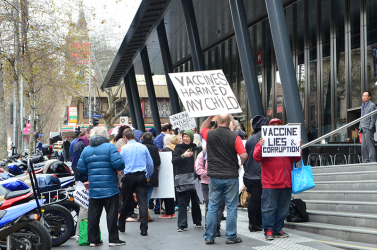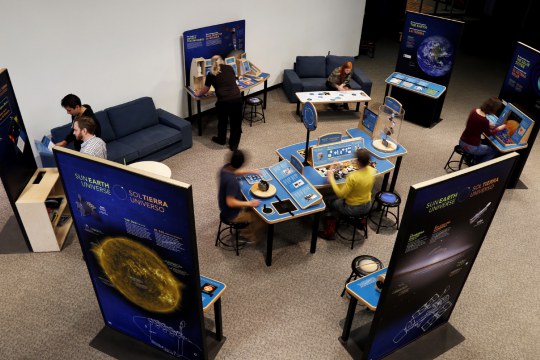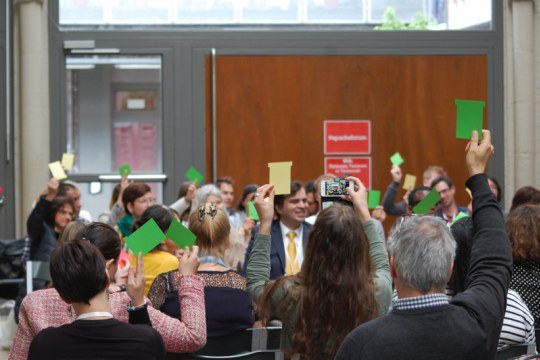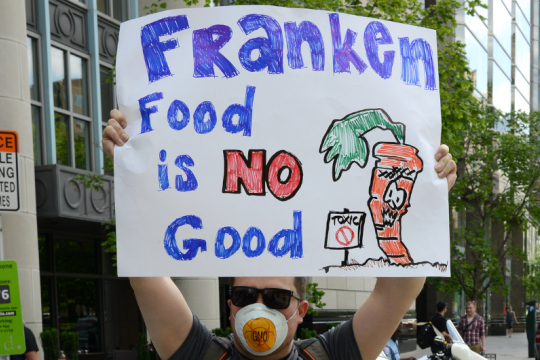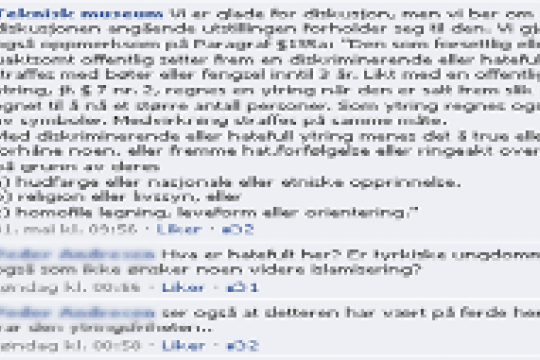Post-truth and misinformation
Post-truth, misinformation, anti-science, fake news or fabricated 'controversies'... what do these trends mean for science engagement? This is what the articles gathered in this Spokes collection explore, often questioning the very nature of science itself. Do we need vocal science advocacy or humble interfaces for dialogue? These pieces call readers to step back and question their own stances and practices.
Feature articles
Feature article by Frank Kupper published in Spokes #66, September 2020
Science and uncertainty at a time when people are looking for solid answers| Estimated reading time: 20 minutes
Category: Topics in science
Feature article by Michael Creek published in Spokes #62, April 2020
Taking a strategic approach to a serious threat| Estimated reading time: 12-15 minutes
Category: Education & learning
Feature article by António Gomes da Costa published in Spokes #27, February 2017
We need to help citizens grasp the difference between authority-based and science-based validation, argues Gomes da Costa (and much more)| Estimated reading time: 29 minutes
Category: EU and governance
Feature article by António Gomes da Costa published in Spokes #49, February 2019
Today’s deficit problem is not lacking knowledge, but lacking the capacity to challenge it, argues Gomes da Costa| Estimated reading time: 22 minutes
Category: Education & learning
Feature article by Stefaan Blancke published in Spokes #54, August 2019
How and why are science and pseudoscience so different and what does it mean for science engagement?| Estimated reading time: 22 minutes.
Feature article by Andrea Bandelli - Wiktor Gajewski published in Spokes #40, April 2018
Can science engagement use technologies of humility?| Estimated reading time: 16 minutes
Interviews published in Spokes #30, May 2017
How to respond to audiences who disagree with our offer?| Estimated reading time: 26 minutes (7-10 min per interview)

